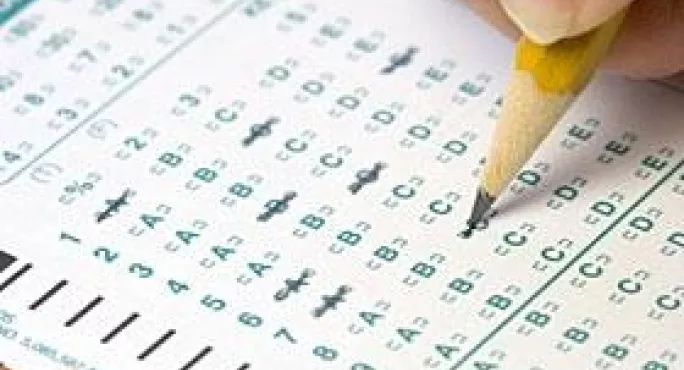Cheating in public exams is on the rise, with a 6.2 per cent increase in the number of penalties dished out to culprits last summer, according to Ofqual figures published this week.
The smuggling of mobile phones, calculators, dictionaries and other banned items into exam rooms remained by far the most common offence.
Copying and collusion came next. Disruptive behaviour, writing inappropriate, offensive or obscene material on papers or coursework, and passing information relating to the exam all increased.
A-levels and GCSEs sat last June resulted in 4,415 cases where cheating was punished, the exam regulator’s report shows.
In nearly half the cases, pupils lost marks, in 15 per cent pupils were disqualified from a qualification or a unit of a qualification, and in 37 per cent of cases candidates were given a warning. Both the regulator and the Department for Children, Schools and Families stressed that cheating remained “extremely rare”, with the penalties issued equivalent to 0.03 per cent of all exams taken by pupils.
Ofqual said that the type of offence would dictate the kind of penalty issued by exam boards.
“For example, candidates who bring a mobile phone into an exams room but do not have their phone at their desk might receive a warning,” the regulator’s report says. “Whereas candidates found using a mobile phone during an exam might be disqualified from the unit or the qualification in the current exam series.”
Pupils were penalised 240 times for failing to follow instructions and there were also 86 “other” cases which involved impersonation, theft, destruction of work, altering results and misusing exam papers.
The summer saw exam boards give 88 penalties to school and college staff. The majority - 58 - were for helping pupils. The same offence resulted in another 20 penalties being given to the schools or colleges holding the exams.
Ofqual chair Kathleen Tattersall said: “These figures provide invaluable information regarding the examination season and allow us to check that the systems put in place to protect learners are followed.”
Jim Sinclair, director of the Joint Council for Qualifications (JCQ), said: “JCQ members take a zero-tolerance approach to all forms of cheating in examinations, including the possession of unauthorised items such as mobile phones, iPods and MP34 players.
“Cheating in an examination is an infringement of the regulations and may lead to disqualification from the current examination and the overall qualification.”
CUNNING STUNTS
Concerns have been raised that pupils could be using concealed earpieces to cheat in exams.
The Qualifications and Curriculum Authority has been previously handed evidence from teachers who were concerned that students may be linking the devices to mobile phones or iPods to help them cheat. Notes could be stored and then played back during exams.
BBC reports this week said that schools are being sold detection equipment to help combat the problem of pupils using secret electronic communication devices.




